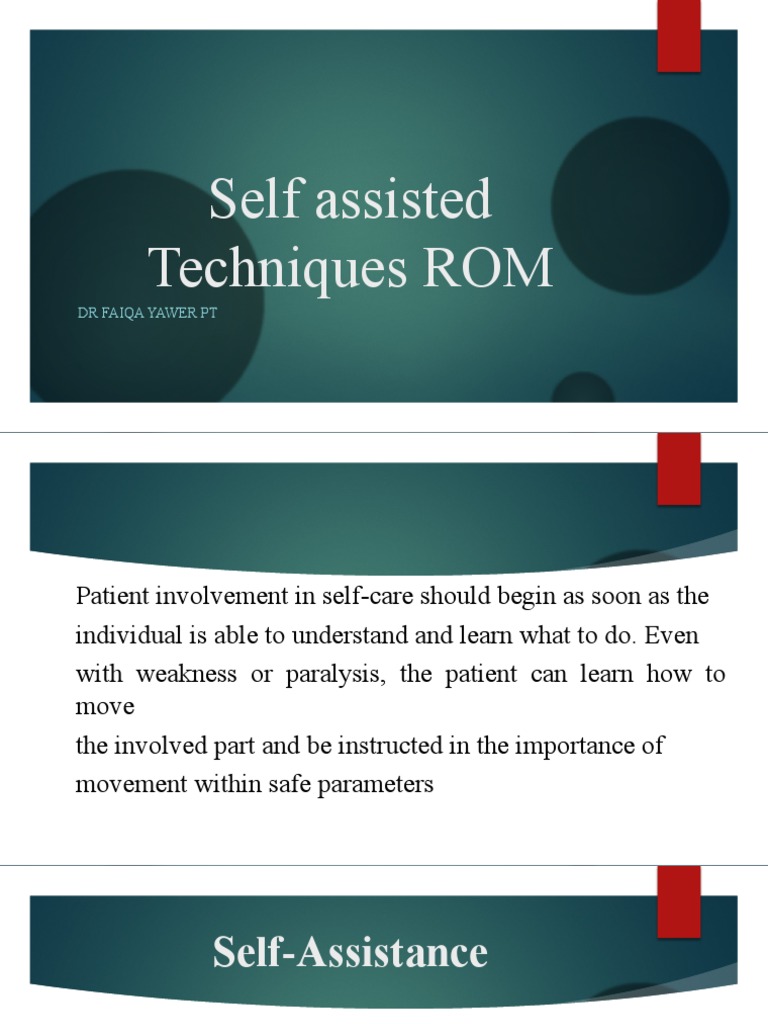12+ Gum Care Tips For Healthy Pregnancy

Pregnancy is a remarkable journey, filled with excitement, anticipation, and a multitude of changes within the body. Among these changes, oral health is often overlooked, despite its significant impact on both the mother’s and the baby’s well-being. Gum care, in particular, plays a crucial role during pregnancy due to the heightened risk of gum disease and other oral health issues. Here, we’ll delve into the importance of gum care during pregnancy and provide over 12 tips for maintaining healthy gums throughout this critical period.
Understanding the Risks: Why Gum Care Matters in Pregnancy
Pregnancy hormones, particularly progesterone, can affect the gums, leading to increased sensitivity and a higher risk of inflammation. This condition, known as pregnancy gingivitis, can escalate into more severe gum disease if not properly managed. Moreover, research suggests a link between gum disease and preterm birth, making good oral hygiene practices crucial for pregnant women.
Tip 1: Regular Dental Checkups
Regular dental checkups are essential during pregnancy. Not only can dentists monitor the health of your gums and teeth, but they can also provide personalized advice on maintaining good oral health. It’s recommended to inform your dentist about your pregnancy so they can tailor their care to meet your specific needs.
Tip 2: Brushing Technique
Mastering the right brushing technique is vital. Use a soft-bristled toothbrush and fluoride toothpaste. Place the toothbrush against your teeth at an angle and gently move it back and forth in small circular motions. Pay special attention to the gum line, but be gentle to avoid irritation.
Tip 3: Interdental Care
In addition to brushing, cleaning between your teeth is crucial for removing plaque and food particles that can accumulate and cause gum disease. Use dental floss or interdental brushes daily to ensure a thorough clean.
Tip 4: Mouthwash for Added Protection
Using a mouthwash can provide additional protection against plaque and gum disease. However, it’s essential to choose a mouthwash that is safe for use during pregnancy. Look for alcohol-free options and consult with your dentist if you’re unsure.
Tip 5: Diet and Nutrition
A balanced diet rich in fruits, vegetables, and whole grains can help support your oral health. Foods high in sugar and acid can contribute to tooth decay and erosion, so it’s best to limit these. Additionally, staying hydrated by drinking plenty of water can help rinse away bacteria and food particles.
Tip 6: Manage Morning Sickness
For many, morning sickness is a reality of pregnancy. While it can be challenging to maintain oral hygiene when dealing with frequent vomiting, it’s crucial to rinse your mouth with water or a fluoride mouthwash after each episode to neutralize acid and protect your teeth.
Tip 7: Gum Massage
Massaging your gums gently with your fingertips can increase blood flow and help reduce swelling. This technique can be particularly beneficial for areas where you notice sensitivity or inflammation.
Tip 8: Choose the Right Toothbrush
Selecting the right toothbrush can make a significant difference in your oral care routine. Opt for a toothbrush with soft bristles that won’t irritate your gums. Electric toothbrushes can also be effective, especially for those who struggle with manual brushing technique.
Tip 9: Be Aware of Pregnancy Tumors
Though rare, some women may develop pregnancy tumors, which are benign growths on the gums. If you notice any unusual changes in your gums, such as lumps or bleeding, consult your dentist for advice.
Tip 10: Limit Sugary and Acidic Foods
Foods and drinks high in sugar and acid can erode tooth enamel and contribute to tooth decay. Limiting these items in your diet can help protect your teeth and support overall oral health.
Tip 11: Stay Hydrated
Drinking enough water is essential for overall health, including oral health. Water helps rinse away bacteria and food particles, keeping your mouth clean and reducing the risk of gum disease.
Tip 12: Consider a Gum Soothing Gel
For some, pregnancy can bring about sensitive gums. Using a gum soothing gel can provide relief and help reduce inflammation. Look for products that are safe for use during pregnancy and follow the manufacturer’s instructions.
Tip 13: Monitor for Signs of Gum Disease
Being vigilant about your gum health involves monitoring for signs of gum disease, such as bleeding gums, sensitivity, or bad breath. If you notice any of these symptoms, consult your dentist promptly.
Conclusion
Maintaining healthy gums during pregnancy is not just about personal health; it’s also about ensuring the best possible start for your baby. By following these 13+ gum care tips, you can reduce the risk of gum disease and other oral health issues, contributing to a healthier pregnancy and a brighter future for both you and your child.
How often should I visit the dentist during pregnancy?
+Can gum disease affect my baby’s health?
+Yes, research suggests a link between gum disease and preterm birth, as well as low birth weight. Maintaining good oral hygiene and addressing any gum issues promptly can help mitigate these risks.
What are the symptoms of pregnancy gingivitis?
+Pregnancy gingivitis can manifest as red, swollen, and tender gums. Bleeding during brushing or flossing is also a common symptom. If you notice any of these signs, it’s essential to consult your dentist for proper care and advice.

